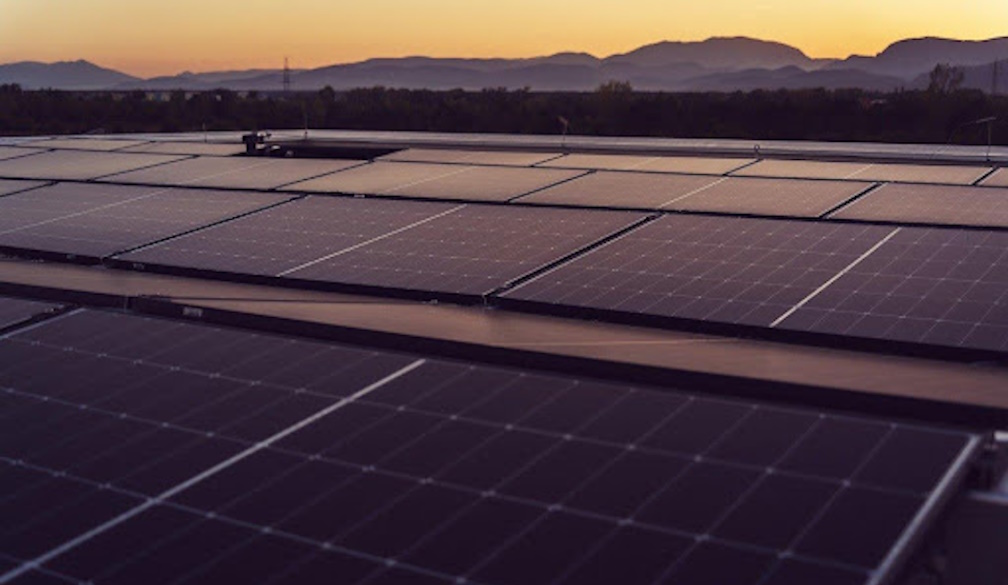Powering the Future of Business with Commercial Solar Systems

In a world increasingly focused on sustainability, commercial solar systems are capturing the attention of businesses everywhere. If you're a business owner or decision-maker looking to minimize operational costs, reduce your carbon footprint, and stay ahead in an eco-conscious market. By the end of this read, you'll understand the benefits of commercial solar installations and how they can transform your business.
The Growing Demand for Commercial Solar Systems
There has been a significant rise in the adoption of commercial solar systems across various industries. Businesses are looking for ways to cut energy costs and contribute to environmental sustainability. With the global push towards green energy, investing in solar energy provides businesses with a viable solution to achieve these goals.
Solar energy does not emit harmful greenhouse gases, making it more cleaner and safer alternative for the planet. Additionally, advancements in this technology have made it more affordable for commercial applications.
Enhancing Brand Image and Corporate Social Responsibility
By installing commercial solar systems, businesses can demonstrate their dedication to environmental responsibility. This can enhance your brand image and attract eco-conscious customers who value sustainability.
Corporate social responsibility (CSR) initiatives that include renewable energy projects can also improve employee morale and community relations. Employees take pride in working for a company that prioritizes sustainability, and local communities appreciate businesses that contribute to a cleaner environment.
Energy Independence and Security
Reliance on traditional energy sources can expose businesses to fluctuating energy prices and supply disruptions. Commercial solar installations provide a level of energy independence and security that is not possible with conventional energy sources. By producing your electricity, you can protect your business from volatile energy markets and ensure a consistent energy supply.
Meeting Regulatory Requirements and Achieving Compliance
Many regions have implemented stringent regulations to reduce carbon emissions and promote renewable energy adoption. Businesses that fail to comply with these regulations may face penalties and reputational damage. Commercial solar systems can help businesses meet regulatory requirements and avoid potential fines.
By proactively adopting solar energy, businesses can stay ahead of regulatory changes and position themselves as leaders in sustainability. This proactive approach can also provide a competitive advantage in industries where sustainability is becoming a critical factor.
Technological Advancements in Solar Energy
The field of solar energy has seen significant technological advancements, making commercial solar installations more efficient and cost-effective. Innovations such as high-efficiency solar panels, advanced inverters, and smart energy management systems have improved the performance and reliability of solar energy systems.
These technological advancements have also made it easier to monitor and manage solar installations. Businesses can track energy production, consumption, and system performance in real-time, allowing for better decision-making and optimization of energy usage.
Customizing Solar Solutions for Different Industries
Every industry has unique energy needs, and commercial solar systems can be customized to meet these specific requirements. Whether you operate a manufacturing facility, retail store, or office building, there are solar solutions tailored to your energy consumption patterns and operational demands.
Customized solar solutions ensure that businesses maximize the benefits of their solar installations. By working with experienced solar providers, businesses can design and implement systems that align with their energy goals and financial objectives.
Overcoming Common Challenges and Misconceptions
Despite the numerous benefits of commercial solar systems, some businesses may still have concerns or misconceptions about their feasibility and effectiveness. Common challenges include perceived high upfront costs, potential disruptions during installation, and doubts about the reliability of solar energy.
However, these challenges can be addressed with proper planning and education. Businesses should conduct thorough research, seek expert advice, and consider the long-term benefits of solar energy. Many misconceptions stem from outdated information, and staying informed about the latest advancements and incentives can alleviate concerns.
Conclusion
Commercial solar systems offer a multitude of benefits for businesses, from cost savings and energy independence to enhanced brand image and environmental responsibility. By investing in solar energy, businesses can achieve their sustainability goals, comply with regulations, and secure a competitive advantage in an eco-conscious market.







